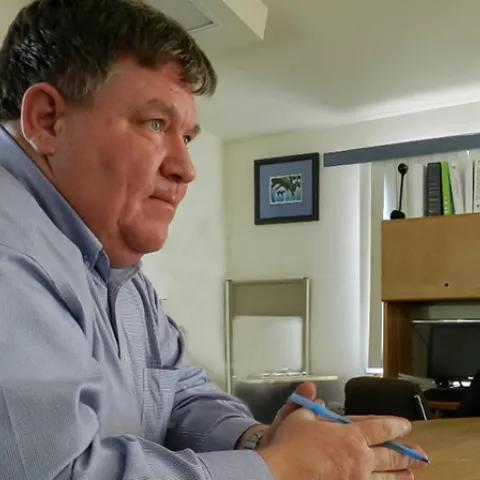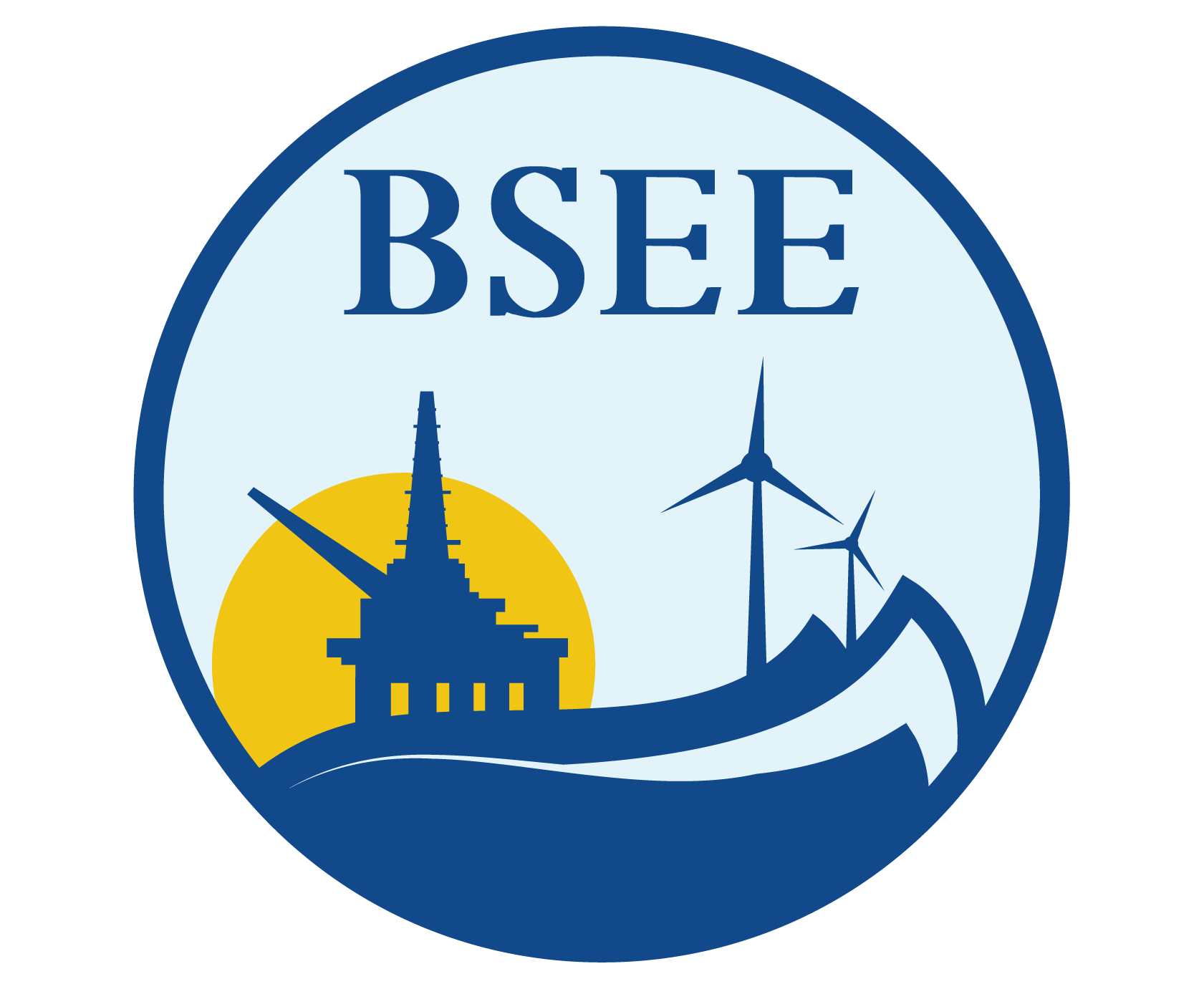Bureau of Safety and Environmental Enforcement (BSEE) Alaska Region Director Mark Fesmire traveled to Reykjavik, Iceland for a meeting of the Arctic Council's Task Force for Oil Pollution Prevention on March 18 and 19, 2014. Fesmire, who is the Task Force Co-Chair, is working with other representatives from Arctic Council members to identify how best the Arctic Council can contribute to marine oil pollution prevention in the Arctic, to recommend a concrete plan of action, and, as appropriate, to develop cooperative arrangements to implement the Action Plan. The Task Force will deliver its recommendations to the Ministerial Meeting in 2015. Norway and Russia serve as the Task Force co-chairs.
'There is a real need for the establishment of a means for the regulators from the Arctic Council members to share information on issues and practices at a technical level,' said Fesmire. 'At this meeting representatives of the Arctic Nations took the first steps towards holding a first meeting of a regulator's forum to discuss these issues in the fall of this year, to be hosted by BSEE.'
Within the Arctic Council there are several Task Forces which are appointed at the Ministerial meetings to work on specific issues for a limited amount of time. Experts from Arctic Council Working Groups and representatives from the member states take part in the Task Forces. There are currently four active Task Forces in the Arctic Council covering oil pollution prevention, scientific cooperation, circumpolar business and black carbon and methane.
The Ottawa Declaration of 1996 formally established the Arctic Council as a high level intergovernmental forum to provide a means for promoting cooperation, coordination and interaction among the Arctic States, with the involvement of the Arctic Indigenous communities and other Arctic inhabitants on common Arctic issues, in particular issues of sustainable development and environmental protection in the Arctic. Arctic Council Member States include Canada, Denmark (including Greenland and the Faroe Islands), Finland, Iceland, Norway, Russia, Sweden and the United States. BSEE officials such as Fesmire represent the United States as technical experts on offshore energy issues.
In addition to the Member States, the Arctic Council has the category of Permanent Participants. Out of a total of 4 million inhabitants of the Arctic, approximately 500,000 belong to indigenous peoples. Indigenous peoples' organizations have been granted Permanent Participants status in the Arctic Council. The following organizations are Permanent Participants of the Arctic Council: Arctic Athabaskan Council, Aleut International Association, Gwich'in Council International, Inuit Circumpolar Council, Russian Association of Indigenous Peoples of the North and the Saami Council.

